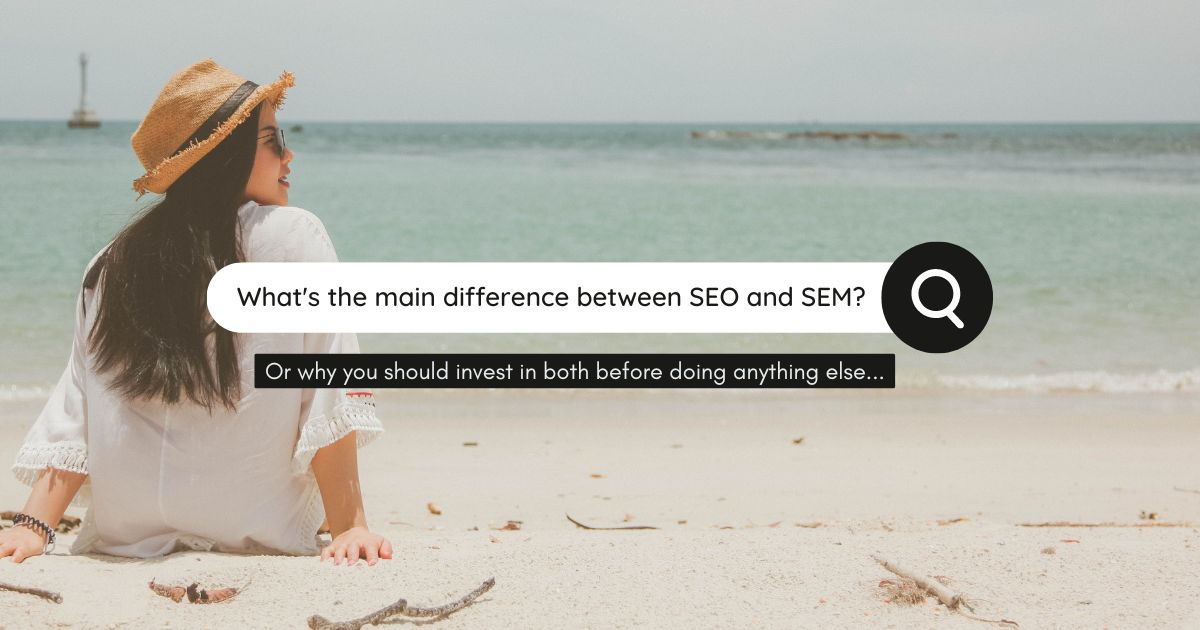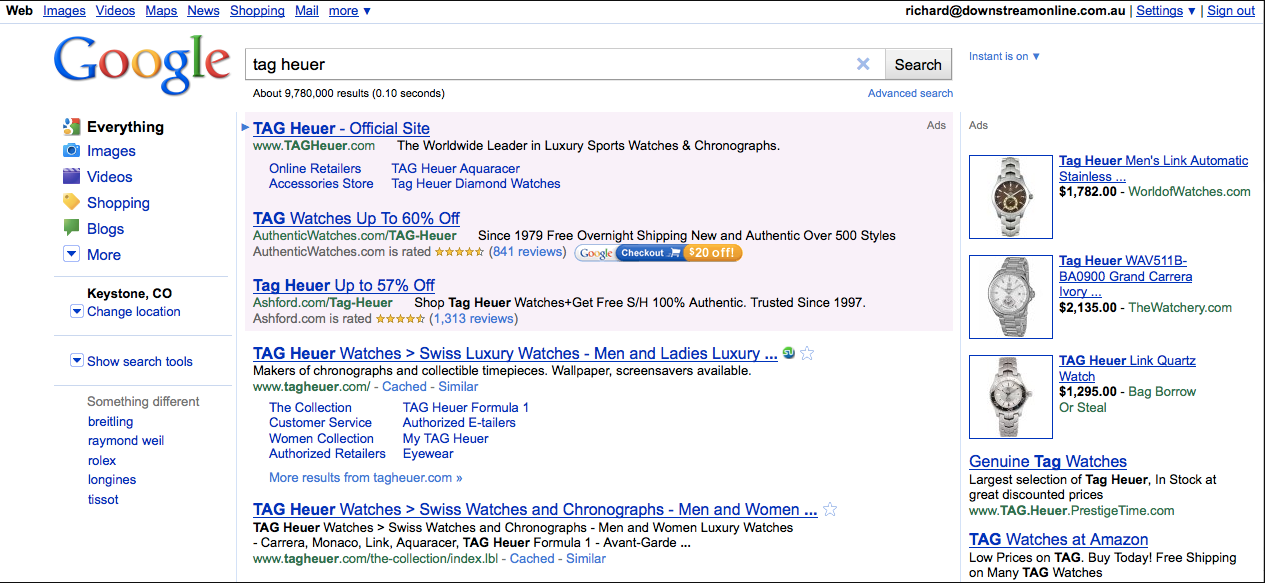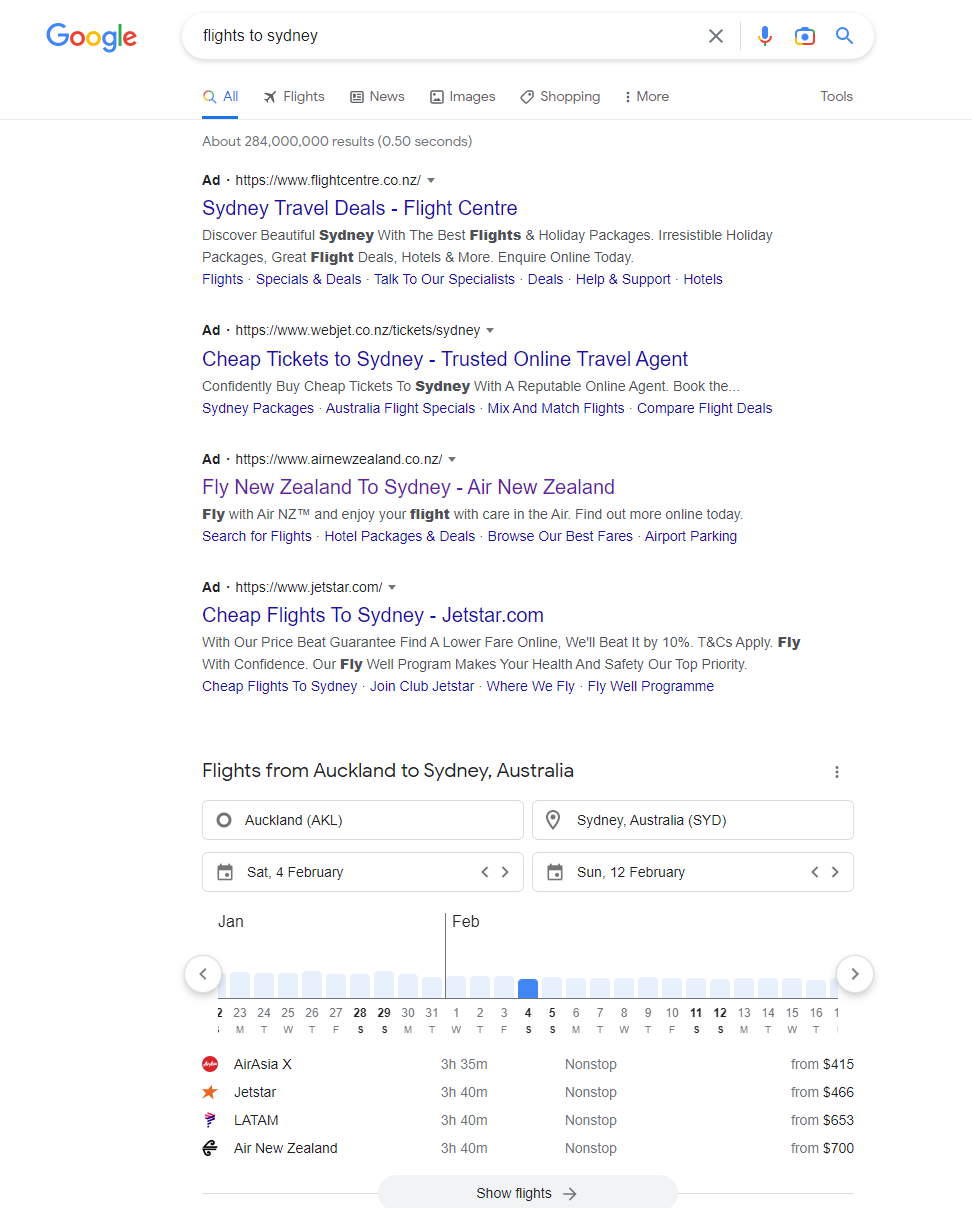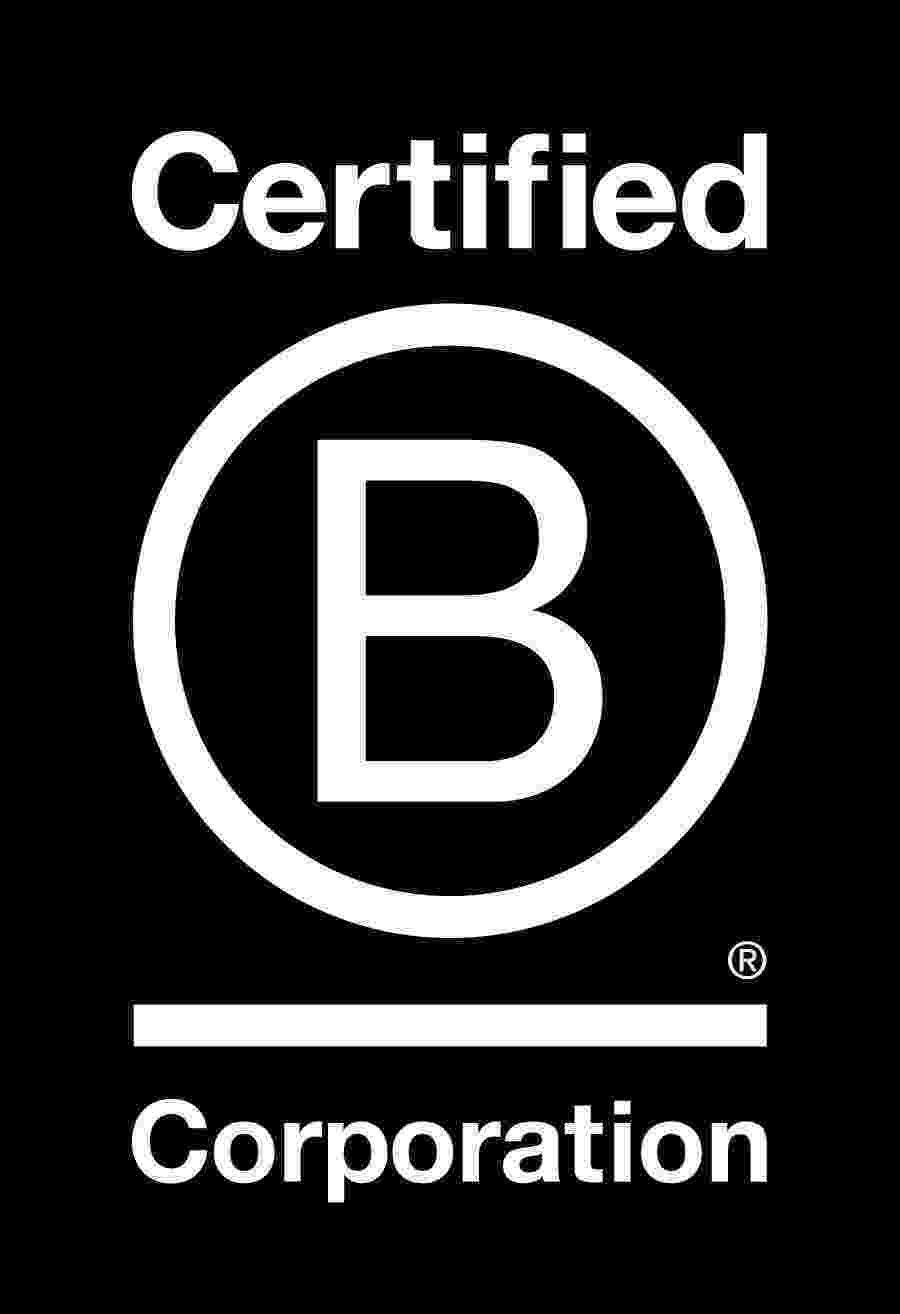The Difference Between SEO and SEM

One of the benefits of having worked in an industry since its inception (Google was founded in September 1998, the very same month I started in media) is that you can really take a holistic view of the current situation. I’ve seen Myspace come and go, same with Bebo, Google+. I’ve seen millions of dollars being pumped into Facebook to buy likes (for the record never thought that was going to last!) and now the rise of programmatic this, that and the other.
As an industry we love the shiny new, but the one thing the demise of the cookie as done, is shine a light on the continuing importance of search: both paid and organic. With digital attribution now nigh on impossible, we’re back to a world of last click wins everything. And with that, comes the age of problem of “…which half of my advertising budget is wasted”.
I recently audited a large advertiser’s digital channel mix and found that the average Cost Per Acquisition for Paid Search was $125 versus over $5,000 for Facebook (Meta). Now, I’m sure many of you reading this will bemoan that Facebook surely assisted sales, and I’m sure it did, but there was no concrete evidence to support this, and Facebook had been set up to optimize to conversions with creative that was focused on direct response.
My issue with this example is however not the deficient performance of Facebook, but the fact that this business was not investing in SEO and was leaving thousands of paid search clicks on the table, which would have correlated to tens if not hundreds of sales. And more worryingly was that this business was regularly not hitting its sales targets.
The moral of the story? If consumers are searching for your product and service, then invest in SEO for long term sales growth, and in paid search for short term success. The benefit of this is not just dollars in the till but will also be amplified by any brand or consideration activity you (or your competitors) do in other channels.
And don’t spend in any other channel for DR purposes if you can squeeze more out of search. Think of your business like a shop in a mall. Search is a never-ending queue of people waiting to get into your shop, and display, social, video etc. as the mall billboards and sandwich boards… Crude, but you get the point. You look after the people in the queue first, and only when the queue starts to thin do you need to get the sandwich boards out!
So, if we know search is awesome then what’s the difference between paid search and organic search. In the interests of brevity I’m not going to do a long explainer as there are many resources out there that will do a better job than I, but fundamentally paid search (aka SEM, CPC, PPC, Google Ads) is a real time auction where businesses bid on keywords and based on a calculation of Quality Score (basically relevancy) x $ bid you are placed in one of 8 ad placements on a search engine results page (SERP). Simple yes, but with CPCs ranging from $0.30 to over $100 paid search can get expensive very quickly… And if you stop spending, then users and sales will dry up immediately.
On the other hand, organic search is significantly more complex and nuanced. If SEM is a science, then SEO is an art. A mixture of technical optimization of a website’s code, content recommendations and development and the hard work of building links from other relevant web pages to yours. It takes time, challenging work and specialist skills.
Now comes the hard bit. Google who controls the organic search algorithm (more closely guarded than the Colonel’s recipe) but also runs the Google Ads auction. Now the former brings in $0 revenue for Google and the latter brings in $134 billion (2019). Despite this, Google, until recently had made it clear to consumers which were ads, and which were organic. Then around four years ago, they started to blend the Google Ads results, so they went from this…

to this...

Cleaner yes, mobile friendly yes. Clear demarcation between paid and organic? No.
In the example below the organic results are below the fold and the competition to be in the top four positions is exceedingly high. Especially as Google’s own flight comparison tool sits between paid and organic listings.

So, I hear you ask, “this is all well and good, but what does this mean for my business”? Easy - if you have more money than sense, then do no SEO, and just pump money into Google Ads. You’ll get a positive ROAS on paper but once you add in the agency costs, the time and money to manage an internal team it is highly likely that ROI will be negative.
For brands without endless pots of cash, then a two-pronged approach is key. On the SEO side of things, commit to a long-term approach focused on the high-volume keywords and themes for your brand. The easiest way to figure this out is Google the product or service that you are best known for and see where you are in the Google rankings. If your market share and ranking sort of match, then all good. If not, then you need to do some SEO. For example - one of the largest credit card providers in NZ is ASB, but they don’t even make page one of Google NZ for the search term “credit card”, losing out on appearing for over 24,000 monthly searches. Bearing in mind that a paid click for “credit card” will cost you over $3. Similarly, House of Travel doesn’t make page one for the search team “flights to London”. Again, losing out on appearing for over 4,000 searches a month.
The secret to good SEO is having a clear and measurable goal. For example, “by end of 2023 rank in top three positions for keyword X that will result in a 2x increase in traffic and an increase in sales of Y”. Best to have a few of these objectives, with clear ways of monitoring performance.
Keep going with paid search, but again search works best when there is collaboration between your SEM and SEO teams, with ongoing tests around which paid search positions work best depending on organic rankings. Also, each industry has different complications when it comes to the Google Search page. Retailers have to contend with shopping ads, and giant Google maps on the page. Travel agents have to deal with Google Travel, hotels must deal with images, maps, and Google Hotel aggregator. SO done properly a brilliant search strategy needs to start with the SERP, the competitors, organic rankings, the nuance of the auction, intertwined with your business objectives and budget.
Sounds complex, and no doubt the intricacies are, but the strategy is simple, and over time it will pay dividends, repeatedly.


